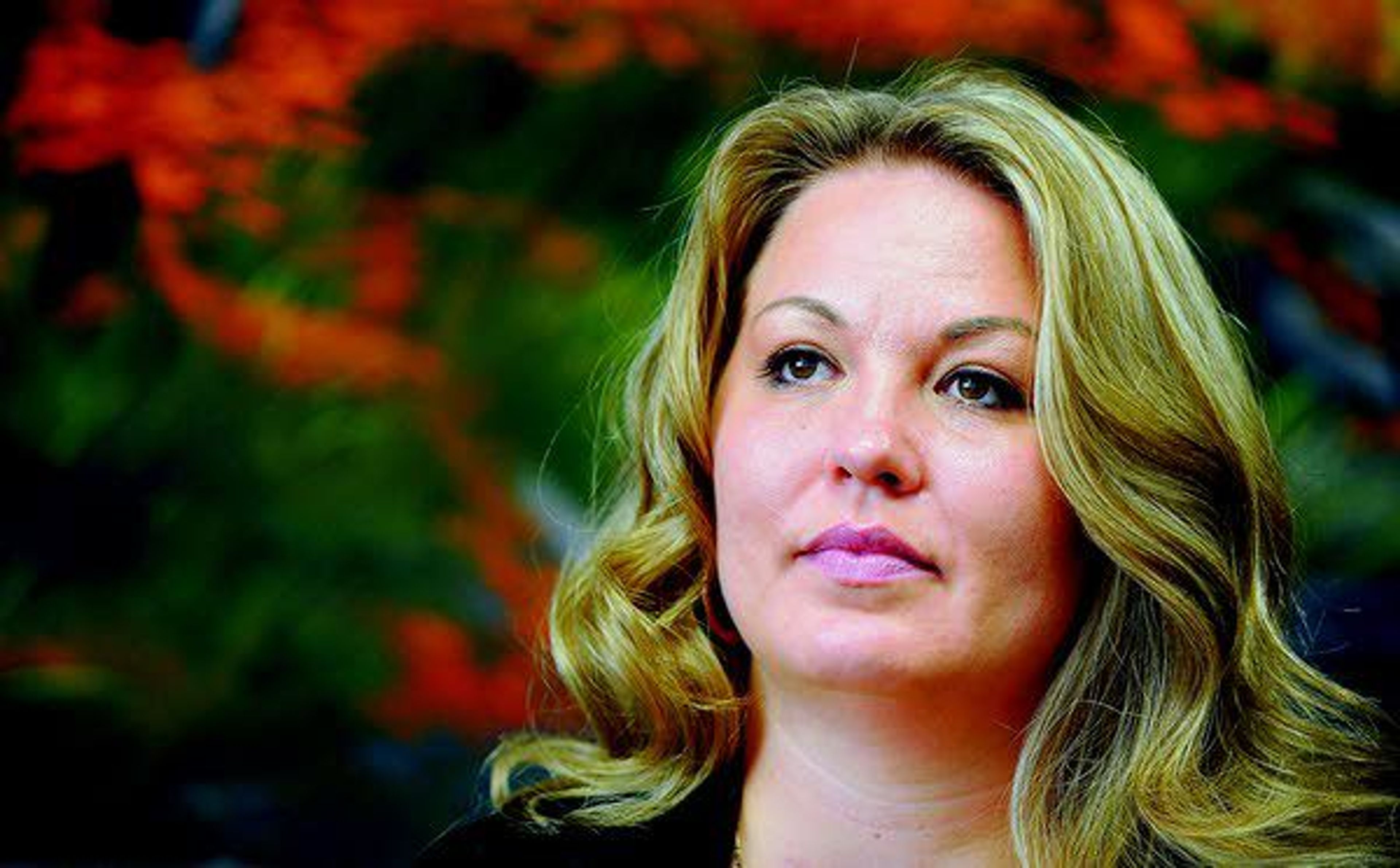A second chance: Former Idaho drug offender receives pardon
Idaho Falls woman now works for the same department that once incarcerated her
IDAHO FALLS, Idaho - For the first time in 15 years, Stephanie Taylor-Silva is operating with a clean slate, free of her criminal history.
Taylor-Silva, 34, received a July 18 pardon for her entire criminal history in the state of Idaho. After a yearlong investigation and thanks in part to the support Taylor-Silva has received from her friends and coworkers, the Idaho Commission of Pardons and Parole restored Taylor-Silva's civil rights.
Before finding her path to success, Taylor had to overcome a troubled past that included being abused and neglected as a child, being a victim of sexual assault and human trafficking and addictions to methamphetamine and cocaine. To top it off she beat thyroid cancer.
Taylor-Silva was first arrested for drug trafficking at 19. In 2008, at age 25, she was convicted for possession of a controlled substance. In 2010 she was on parole, being supervised by Senior Probation and Parole Officer Sara Garriott.
Garriott had Taylor-Silva's case for less than a day before she received a call from the Lewis and Clark County, Mont., Narcotics Unit as part of an investigation for drug possession.
"She was a nightmare," Garriott said. "She lasted three weeks the first time she was on my caseload."
Garriott met Taylor-Silva only once in that time. The rest was spent trying to find Taylor-Silva after she fled to California.
Taylor-Silva was again convicted for possession with intent to deliver - this time in Montana. She was released in 2011 after completing a nine-month rider program.
While in jail, Taylor-Silva asked Garriott to supervise her once again upon her release. Garriott refused at first, citing those three weeks of frustration, but changed her mind after talking to Russ Wheatley, district manager for IDOC Probation and Parole in District 7.
"I was not an easy person to supervise," Taylor-Silva said. "She tried to help me, but I didn't trust her. I didn't trust law enforcement. I didn't trust the department. I was really heavy into my addiction."
Taylor-Silva was addicted to both meth and cocaine at the time.
Today, Taylor-Silva said Garriott is her best friend. They work together at the Probation and Parole Office in Idaho Falls for the Idaho Department of Correction that once incarcerated her.
According to Idaho Code 18-310, convicted felons regain all their civil liberties when they finish their sentence, including jail time and parole. Because she was convicted for intent to deliver, however, Taylor-Silva had to wait three years after her parole to apply for her pardon.
Pardons are rare in Idaho, the state receives about 40 pardon applications per year on average and grants about 15, according to the Collateral Consequences Resource Center's Restoration of Rights Project.
The pardon hearing requires a parole officer the applicant hasn't worked with to investigate their background. The process can take up to a year. After the investigator makes a recommendation to the Idaho Commission of Pardons and Parole, the applicant explains their crimes, why they happened and what they've done to change their lives.
Taylor-Silva said she pointed to her education and public service during her pardon hearing. She plans to graduate from Idaho State University in December with a degree in criminal justice.
She also works as a mentor for the Free2Succeed mentorship program, an IDOC program devoted to helping former inmates adjust during their transition out of prison by providing a mentor. She also provides support for the program as an intern, a position she needed special permission to apply for due to her criminal history.
Taylor-Silva also volunteers with several social programs throughout Idaho, including drug recovery and suicide prevention.
"It's not just what she did while she was on supervision, it's also what she's done after supervision," Garriott said. "She didn't just get done and say 'OK, I'm done.' She continued to build and go bigger and better."
Taylor-Silva is also applying for a pardon in Montana, where she was convicted for drug possession. Her pardon hearing is scheduled for Aug. 30.
Several people from the Department of Correction came to support her during the pardon hearing at the Idaho State Correctional Institution in Kuna, including Garriott, Amy Cottrell, another parole officer who supervised her after Garriott, Kevin Kempf, former director of the Department of Correction and now the executive director of the Association of State Correctional Administrators, Jeff Kirkman, Program Manager for the Department of Correction, Cindy Wilson, secretary of the Idaho Board of Correction, and others.
Taylor-Silva said she was so moved by the support she received, the commission could have said no and she would have walked out happy.
"It was an impressive support system," Taylor-Silva said. "More so than the hearing, that made me feel so good."
Taylor-Silva's case has become an example of corrections done right for the Department of Correction. Garriott said Taylor-Silva's case motivates her to put extra effort into the difficult supervisions.
"For our office, she's kind of become a reminder of how what we do is worth it, because this job is hard," Garriott said. "It's hard emotionally and mentally; it's exhausting. There's a lot of people who burn out in law enforcement and I understand why after being here all these years."








